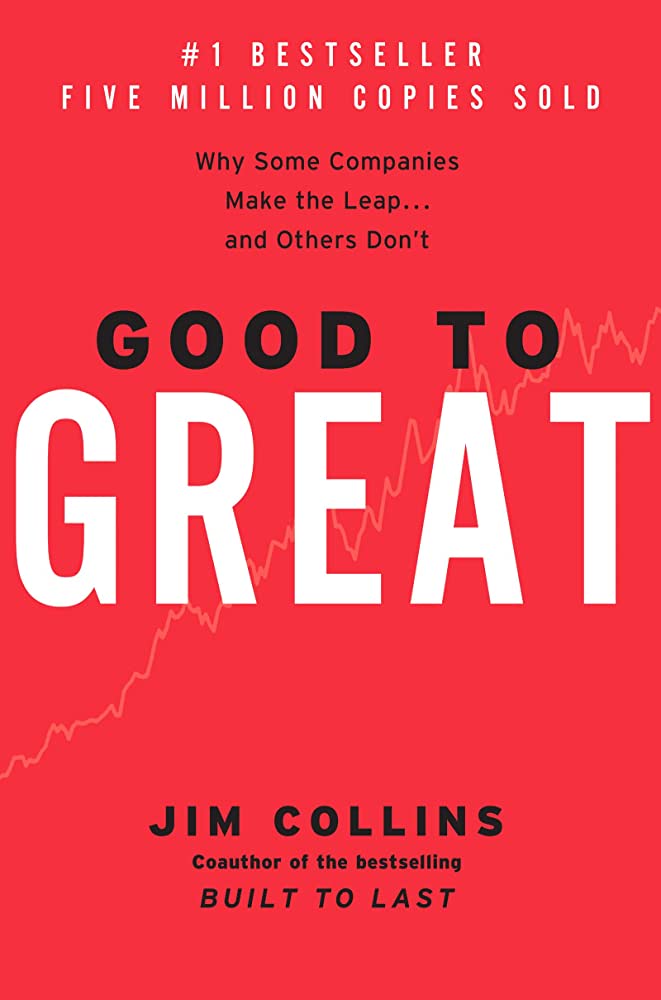RATING


Joe MacLeod is a writer and speaker with an extensive background in product design, focusing on the ‘end’ stage of the product lifecycle. MacLeod’s book centers on the idea that our patterns of consumption neglect the ‘end’ of a product or service. Thus, businesses that sell products focus almost entirely on how to sell new products to customers while ignoring what happens to those products once the customer stops using them; similarly, service-based industries are so preoccupied with the ‘onboarding’ process that they neglect the ‘offboarding’ process. MacLeod argues that the ‘end’ of a product or service cycle is as important as the beginning, if not more: lacklustre endings lead to a lack of emotional fulfilment due to unmet expectations. Furthermore, the wider societal implications of overlooking the importance of ‘healthy’ endings include widespread waste and overconsumption.
MacLeod argues that this neglect of ‘endings’ in consumption and product/service design is a symptom of a much wider, longer-term change in societal culture. At the root of this lies a change in our relationship with death: whereas earlier generations accepted death as an inevitability, the development of modern medicine – life support, deep-freezing, etc – has led to people seeing the end of one’s life as something that can be put off and ignored. This attitude, MacLeod argues, has diffused into other aspects of life.
MacLeod writes in an engaging way, and the central idea behind this book is a very important one. He brings in a wide array of detailed examples to support his ideas, which include elements of history, sociology, psychology and industry insights.
This book frustratingly fails to provide any concrete methodology as to how ‘endings’ can be designed well – the central problem the author identified is left unsolved. The litany of examples (including money, marriage, computer games, TV-series, travel) largely focus on what is being done wrong, rather than how it can be improved. Thus, what could have been a clear, simple thesis, followed by a concrete methodology, instead ends up as a rather meandering work. MacLeod’s newest book promises to follow up with more concrete methodology, which should correct the biggest downsides of this work. However, we have not had an opportunity to review it yet.
As consumers and providers we overlook the importance of healthy, coherent endings. There was once a rich culture of reflection and responsibility, but over recent centuries this has been lost. Producing a mixture of long term societal oversight, and short term denial. We are left with a bias customer lifecycle that is limited to the exciting vocabulary geared strictly around all things new. Giving rise to guilt-free consumers, an overly-blamed business sector and a society which finds itself at a loss when it needs to grapple with responsibility and consumptions biggest ills. In a world awash with start-ups and new tech, this book tells you why its critical we start considering endings. ‘Right to be Forgotten’, is the ambitious law of the European Union that protects a persons rights in a digital world that can’t acknowledge removal of the items we have been encouraged to share. Nearly 30 years of Climate Change discussion and we still fail to accept the implications of ending our carbon consumption.
Revenge porn, rising anxiety rates in young adults and increasing use of VPNs are reactions from a digital society without a foreseeable end to their digital content. Lacking a vocabulary to safely dispose of electronics, is there any surprise we only achieve 12.5% recycling of e-waste, despite an increase in sales of consumer electronics and a faster turnover of usage. Our homes are cluttered with on average 300,000 items. Instead of ending these product relationships, we prefer to seek alternatives in off-site storage – the largest growing real estate sector, according to the New York Times. We fail to consider endings in services that specifically deal with the end of our lives. In the UK we have on average 11 employers throughout our career, each provides us with a pension pot. According to Age Concern, a UK charity, 1 in 4 of these goes missing just when people need it most.
Ends makes a compelling case that demonstrates how, over centuries, our changing relationship with death has led to the loss of our relationship with endings. Giving rise to guilt-free consumers, an overly-blamed business sector and a society which finds itself at a loss when it needs to grapple with responsibility. Drawing on a plethora of sources in history, sociology, psychology and industry, Ends argues that we are taking the wrong approach to challenging the impact of consumption and that we need to create coherent endings in our product, service and digital experiences to rebalance this.
The central idea of this book – that ‘endings’ are important and often overlooked – is important to bear in mind for designers of customer experiences and customer journeys. While MacLeod himself approaches this idea from a product-centric perspective, the lesson is just as important for experience-centric business models. After all, endings play a crucial role in determining the emotional footprint of an experience. Moreover, while MacLeod’s focus on onboarding and offboarding is important, much can be engineered to keep customers happy while they are using the product, not just at the beginning and end.
See content on this topic

Sales training for front line along with basic development and coaching principles for line management.
Understanding branding and communications from the standpoint of emotional engagement and building relevant and meaningful dialogue with customers.
This course covers a complete view of customer touch points (both physical and virtual) and a unique model for standardizing and managing customer contact models across channels including approaches for customer feedback, quality management, and migration.
Understand how the innovation process changes moving from functionality and channel design to a process focused on creating value for customers.
Experiential Branding & Communications – Improving Brand Integration Through Emotional Engagement.
This course covers a complete view of customer touch points (both physical and virtual) and a unique model for standardizing and managing customer contact models across channels.
Understand the value of a customer-oriented analytics package and how behavioral scenarios can be used to improve profitability through influencing behavior and usage.
To understand the principles of game dynamics and learn how to effectively use the elements of gamification in business: to involve customers, employees and contractors in the process.
Understanding branding and communications from the standpoint of emotional engagement and building relevant and meaningful dialogue with customers.
This course covers a complete view of customer touch points (both physical and virtual) and a unique model for standardizing and managing customer contact models across channels including approaches for customer feedback, quality management, and migration.
Experiential Branding & Communications – Improving Brand Integration Through Emotional Engagement.
This course covers a complete view of customer touch points (both physical and virtual) and a unique model for standardizing and managing customer contact models across channels.
Understanding how leaders must evolve with relation to the evolution of business models, new management models, and the significant changes to the workforce with Digital Natives now making up more than 50% of the workforce globally.
Understand how to manage both internal and external digital transformation while considering the landscape for digital business models and the effect on traditional business models. Understanding organizational readiness for transformation and the role of corporate culture in managing transformations.
The changes in consumer behavior, employee behavior, and the evolution of business models in the digital age cause significant difficulties and imperatives for leaders who must develop new skills and evolve their leadership styles to be effective in this fast changing, challenging, and competitive environment.
Understanding how to design & manage change/transformation programs in organizations of different sizes. This course will help any size team or organization to better deal with change & transformation on any scale.




 Copy Link
Copy Link
 E-mail
E-mail
 LinkedIn
LinkedIn
 Facebook
Facebook
 Telegram
Telegram
 WhatsApp
WhatsApp

















 Go Back
Go Back
Leave a Reply
You must be logged in to post a comment.